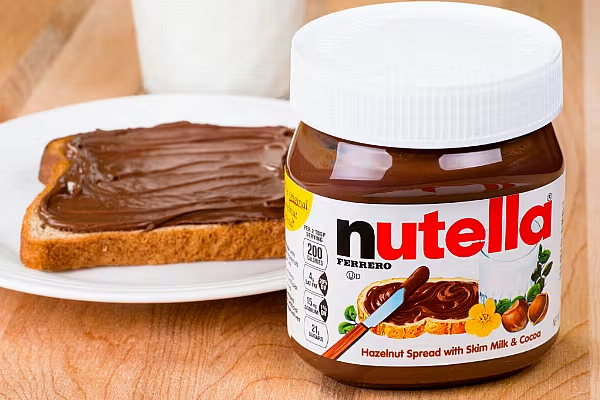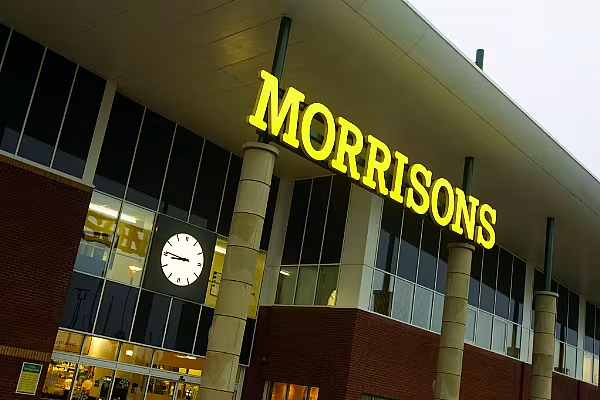Inflation slumped to zero in February, putting Britain on course for its first period of falling consumer prices in more than half a century.
The slowdown from 0.3 per cent in January was sharper than economists had forecast and marked the first zero reading since comparable records began in 1989.
Based on constructed historical data, it’s the weakest since 1960, the Office for National Statistics in the UK said on Tuesday.
The largest downward effect to the annual rate in February came from food and non-alcoholic drinks as well as furniture and household equipment and computer equipment.
Food and drink prices plunged a record 3.3 per cent. There was a slight downward effect from gasoline prices, which fell to an average 107 pence per litre from 108.3 pence in January.
Bank of England Governor Mark Carney forecasts that the inflation rate will drop below zero in the coming months, though policy makers have said they’ll look through the slump as it’s driven by temporary factors, particularly cheaper oil.
Weak price growth means there’s little pressure on the BOE to raise its key interest rate from a record-low 0.5 per cent.
“The risks to our inflation calls are firmly on the downside, which raises the risk that the BOE delays rate hikes even further,” said Rob Wood, an economist at Berenberg Bank in London.
News by Bloomberg, edited by ESM











